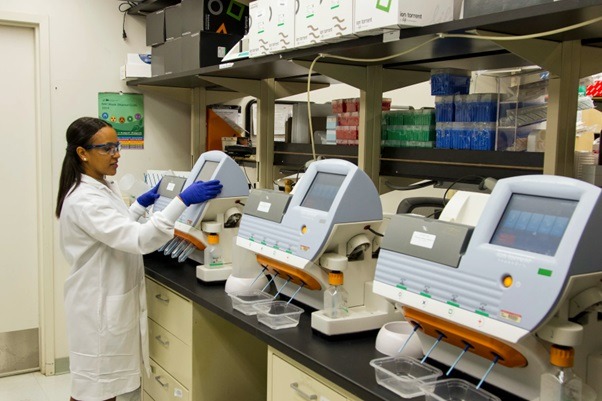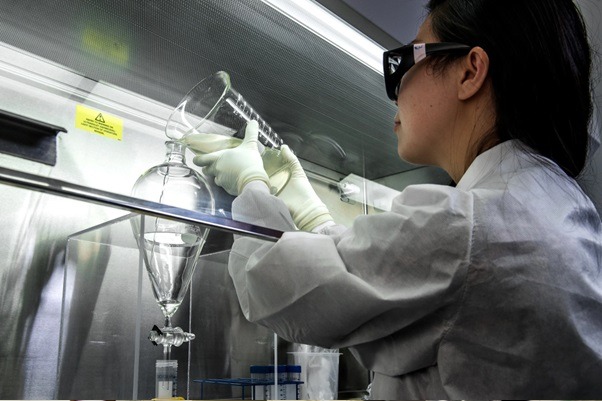Artificial intelligence is already changing the biopharmaceutical industry in remarkable ways. The potential of this modern technology is driving major changes in this health sector that should excite scientists and patients alike.
The role of AI in the biopharma space is no doubt responsible for its growing market value, which now sits at over $407 billion.
Companies like Scorpius BioManufacturing are using artificial intelligence to transform their processes from early research right through to a given drug being approved and stocked for prescriptions.
Read on to discover how AI will change the biopharmaceutical industry for the better over the coming years and decades.
Discovering New Drugs
Discovering new drugs is the most lucrative opportunity available to professionals within the biopharma space. Companies that discover new medicines can expect to reap the rewards of huge profit and the satisfaction of knowing they’ve brought to market something that is changing countless lives for the better.
Artificial intelligence is able to analyse information, and is skilled in repurposing research. AI can identify why tests fail, and propose how certain aspects of a previous process can be put to work combatting other diseases.
Artificial intelligence will be a vital tool over the coming decades in helping scientists to tackle cancers, diabetes and kidney disease.
Analysing Big Data
The key use of AI in the biopharma sector is in analysing big data. With such complex and extensive work needed in this health industry – including research, trials and manufacturing – it can be an immense challenge for human workers to successfully read and interpret all the data being produced.
That’s where artificial intelligence comes in. AI is used in the research and development processes to do that data reading work – interpreting data and using this to drive forward innovation in the industry.
Getting Products to Market Quicker
Artificial intelligence has also been a key factor in accelerating the speed at which the biopharma sector can deliver life-saving drugs to consumers. Traditionally, the end-to-end process of getting a drug to pharmacies was a long one – taking decades in most cases.
Using AI accelerates almost every stage of the biopharma drug process. For example, artificial intelligence can develop analytics quicker than human counterparts, and can identify appropriate people for trial at speed. This benefits various stages of the biopharma process, helping scientists to learn more quickly about the effectiveness, reliability and safety of the drugs they’re producing.
Reducing Costs and Generating Income
By providing higher-speed processes, artificial intelligence is lowering costs in the biopharmaceutical space.
Outside of saving money, AI is generating income for the industry. It’s estimated that the use of artificial intelligence in the biopharmaceutical industry has the potential to generate nearly $100 billion annually across the US healthcare system.
Final Thoughts
AI is accelerating the speed at which the biopharmaceutical industry can create important drugs and medicines. It’s helping to save the industry money, generate income and get products approved and on the market as quickly as possible.


